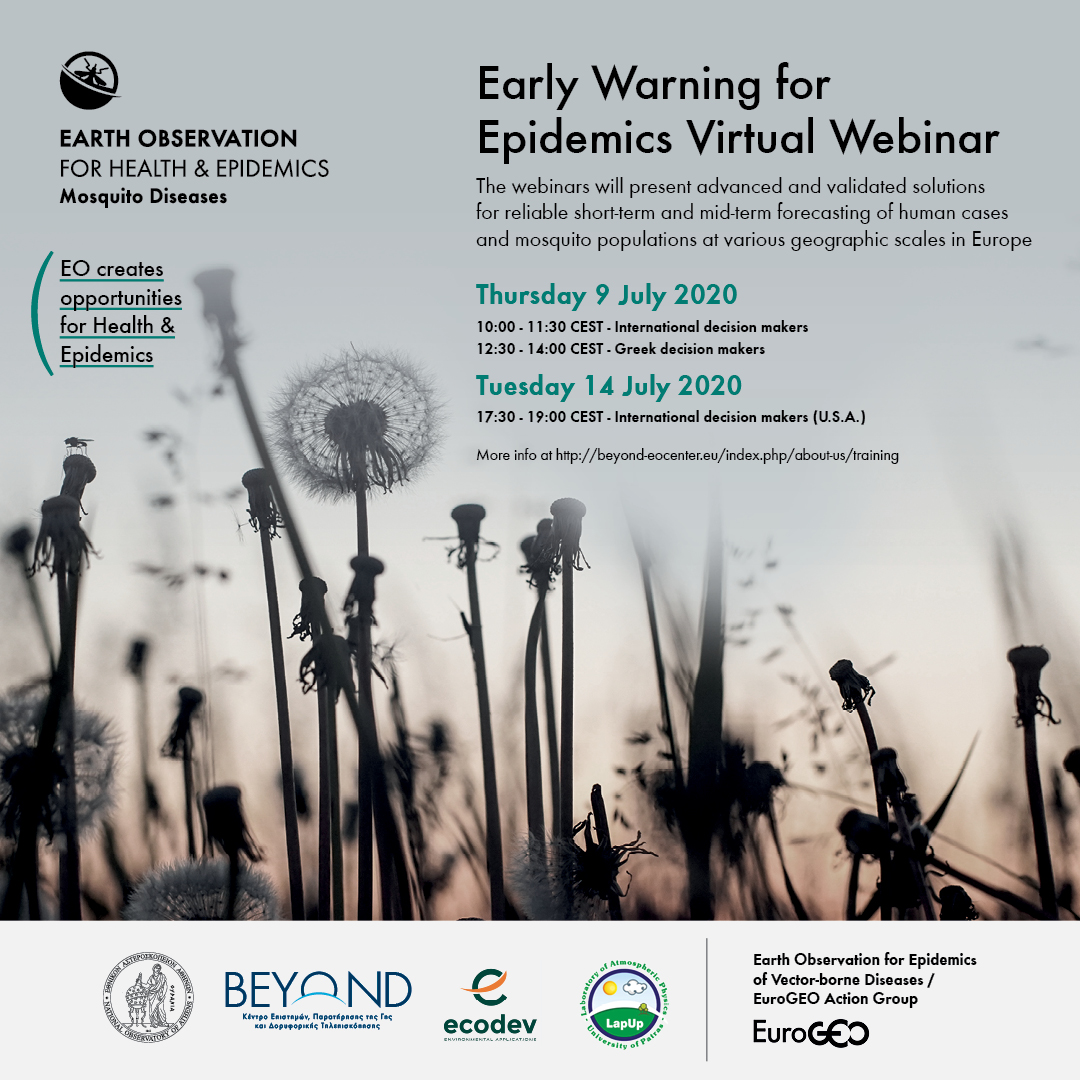INTRO:
In its 2016 Communication on a European Space Strategy the Commission states that "The Commission’s aim is to optimise the benefits that space brings to society and the wider EU economy. Achieving this means boosting demand among public and private users, facilitating access to and use of space data, and stimulating the development and use of innovative downstream applications. It also means ensuring the continuity and user-driven development of EU space programmes."
A principal element of achieving this aim is to enhance user uptake of Copernicus data and services. The Commission has defined a User Uptake Strategy[1], identifying objectives, key principles and 16 specific actions to implement user uptake measures in the framework of Copernicus.
The FP-CUP consortium has scoped the actions to be implemented under the FP-Cup in an Action Plan, which is an Annex to the FPA between the Commission and the Consortium. This Action Plan describes five types of activities to be implemented:
- National and multi-national information-/training-/innovation- events, including workshops conducted by national institutions;
- Building an active dialogue with actors in these measures regarding their needs;
- Developing downstream applications and services, both for public institutions or companies with a need for EO-services;
- Piloting downstream applications and services for public institutions in different Member States or Copernicus Participating States;
- Promoting national and multi-national innovative actions.
This Work Programme 2018 defines an implementation choice for actions in these five areas. Following the original Caroline Herschel FPA Call, actions are presented in three Tiers:
- National User Uptake
- Global actions, including European cross border user uptake and international user uptake
- Business solutions and innovative products and applications
The BEYOND centre of Excellence in cooperation with Praxis S.A are partners of this important initiative and the following actions were funded by the EC in order to be implemented during 2018.
1. National User Uptake (Tier 1)
National user uptake promotes the use by national stakeholders. This may include national or local awareness events, training sessions, online courses, support to the production and procurement of space applications (e.g. by public authorities), design and dissemination of promotional material, hackathons. This first Work Programme under FPCUP has a strong focus on Tier-1 actions since these are often the first step towards stronger user engagement.
- Action 2018-1-52: Seminars for Greek Users
Partner: National Observatory of Athens (NOA), PRAXI Network, General Secretariat for Research & Technology (GSRT), GR
Objective A series of four seminars will be delivered to specific potential users in the domains of Emergencies, Food Security, Energy and Security (especially border control).
Description
NOA will organize a series of 4 seminars in 2018. PRAXI will support NOA for contacting audience and organizing the execution of the seminars. GSRT will intermediate to the public authorities in order to increase the participation of them in these events. The seminars will be hosted at NOA’s premises, either at Visitor Center in Thissio or at Visitor Center in Penteli with a capacity of 12 to 30 participants respectively. If the demand is greater than this number, the seminars will be also broadcasted live via the web in order to serve a much higher number of remote participants. The seminars will address specific potential users (from the public sector, companies and academia), covering their needs in the following thematic areas that have been identified initially as more suitable and relevant for region’s market:
- Emergency management, as defined in the respective Copernicus EMS service portfolio (Early Warning, Rapid Mapping, Risk & Recovery actions), focusing on diverse natural and manmade disasters (e.g. geo-hazards, wildfires, floods, industrial accidents, etc.).
- Food security, highlighting the use of EO for ensuring sustainable agricultural practices, monitoring GAEC, Greening and SMR requirements imposed by the CAP, technologies for precision agriculture, models of yield estimation, etc.
- Energy, displaying the fusion of EO data with different spatial, spectral and temporal resolutions (e.g. Sentinel-3, Sentinel-2, MODIS, etc.) to effectively now-cast and forecast solar energy levels.
- Security (boarder control), a hot topic for Greece and how the data and services from Copernicus could contribute in supporting the Greek authorities.
Stakeholders of the mentioned areas will be invited, among them public bodies with a mandate to act upon a crisis (civil protection agencies at local and national scale, fire brigade, etc.), end users (e.g. agricultural cooperatives) private companies (e.g. EO added-value providers) and research bodies.
The seminars will focus in demonstrating the EO data transformation along the entire value chain, from raw Sentinel data to final products and services that provide actionable knowledge, transparency, increase in efficiency and is some cases commercial value. The seminars will be also a tool to map the interest of the different actors participating in them. A feedback form will be distributed in the end of the seminar in order to help NOA and PRAXI to provide more targeted services to the participants.
- Action 2018-1-53: Greek training activities at NOA
Partner: National Observatory of Athens (NOA), PRAXI Network, General Secretariat for Research & Technology (GSRT), GR
Objective The organization of training activities delivered to a wide range of recipients. The aim is to increase the knowledge and the capacity of the participants for the Copernicus and to foster lifelong education on leading-edge technologies on EO.
Description
These activities will include:
- Five training visits to NOA infrastructure. Provide to the participants an advanced technical training for the use of Copernicus. This will be based on their needs supported by NOA’s team in the Center that will include but not limited to: i) hands-on training on the use of the Copernicus Collaborative Ground Segment for the generation of EO-based products using open-source software; ii) field visits to ground infrastructure at NOA related to Copernicus will take place; iii) showing a direct link and vision for typical day of a EO scientist (e.g. Antennas, Storing, pre-processing, value chains etc.).
- One training course (1-day duration) for Earth Observation to secondary school students delivered in the form of summer school in September 2018.
- One training course (2-days duration) aiming at companies, researchers and the Copernicus Academy network. In this training the participants will learn how to use the data and services offered by Copernicus and the emerging market opportunities.
In case of a new Copernicus service or new knowledge acquired, an additional training session will be offered to its relevant recipients.
2. Global actions, including European cross-border user uptake and international user uptake (Tier 2)
The activities under this tier will aim at supporting European cross-borders user uptake (e.g. actions or events organised in several Member States) and the internationalisation of European companies offering applications based on Copernicus and space data
- Action 2018-2-06: Building an active user dialogue with the Balkans, Middle East, and North Africa
Partner: National Observatory of Athens (NOA), PRAXI Network, General Secretariat for Research & Technology (GSRT), GR
Objective This activity is going to provide the necessary connections between different users in the Balkans, Middle East and North Africa for a dialogue, which will allow the achievement of collaboration. Partner NOA mainly is intending to leverage on existing networking activities in these regions:
- Allow the European scientific and research communities to collaborate with local stakeholders to tackle open research questions and
- to invite European companies to penetrate these new market segments by providing tailored and Copernicus-based technical solutions to address existing needs.
This activity will provide the instrument to allow stakeholders in the Balkans, Middle East, and North Africa to connect with each other on the one hand, and with the European Copernicus players on the other. The activity will help the users to identify their needs, to collaborate in the pursue of common solutions and to interact with the developers of applications/services.
Description
Background
NOA is well positioned in the EU continent but also specifically in the areas of the Balkans, Middle East, and North Africa through specific coordination and support action (GEO-CRADLE[2] H2020 project coordinating and integrating state-of-the-art Earth Observation activities in the regions of North Africa, Middle East, and Balkans and developing links with GEO related initiatives towards GEOSS) and networks (National Contact Points, Enterprise Europe Network). In the context of this ongoing activity, the following assets have already been generated of the specific geographic region:
- A map of the entire EO ecosystem, including inventories of assets and players.
- An analysis of the gaps and the maturity levels of the different EO activities along the EO value chain (from data to products).
- The identification of regional priority areas for which EO uptake has significant potential.
- Set up of a Regional Data Hub[3] to enable the exchange of EO data between the different entities.
- Performed feasibility studies to highlight concrete ways of tackling regional challenges related to adaptation of climate change, improved food security & water extremes management, better access to raw materials and energy.
- Developed a Regional Networking Platform[4] to facilitate the cooperation between EO stakeholders.
- Proposed a roadmap for the implementation of GEO, GEOSS and Copernicus in the three regions.
New activities in this line
NOA will capitalize and build upon this background experience and momentum, to engage stakeholders and end-users outside the core of Europe, and strategically target the regions of the Balkans, Middle East and North Africa.
The following are foreseen within this activity:
- Specify concrete scenarios to uptake Copernicus Sentinel data to tackle the already defined regional challenges.
- Build upon the existing database of local stakeholders and facilitate its wider use, fostering networking activities and collaboration between organizations from this area.
- Downstream the networking platform and the regional data hub to address the identified regional priority areas. In this context two different working groups will be formed for the priority areas already identified:
a. improved food security
b. water extremes management &
c. energy
The different thematic working groups will convene in four regional workshops and will take care of tailoring the networking platform and the Regional Data Hub branches to their specific needs.
- Identifying best practices for setting up standard and coordinated mechanisms at the local level that connects to national and European levels. Existing networks such as the Copernicus Relays will be engaged too.
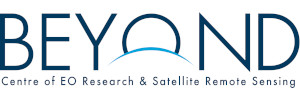
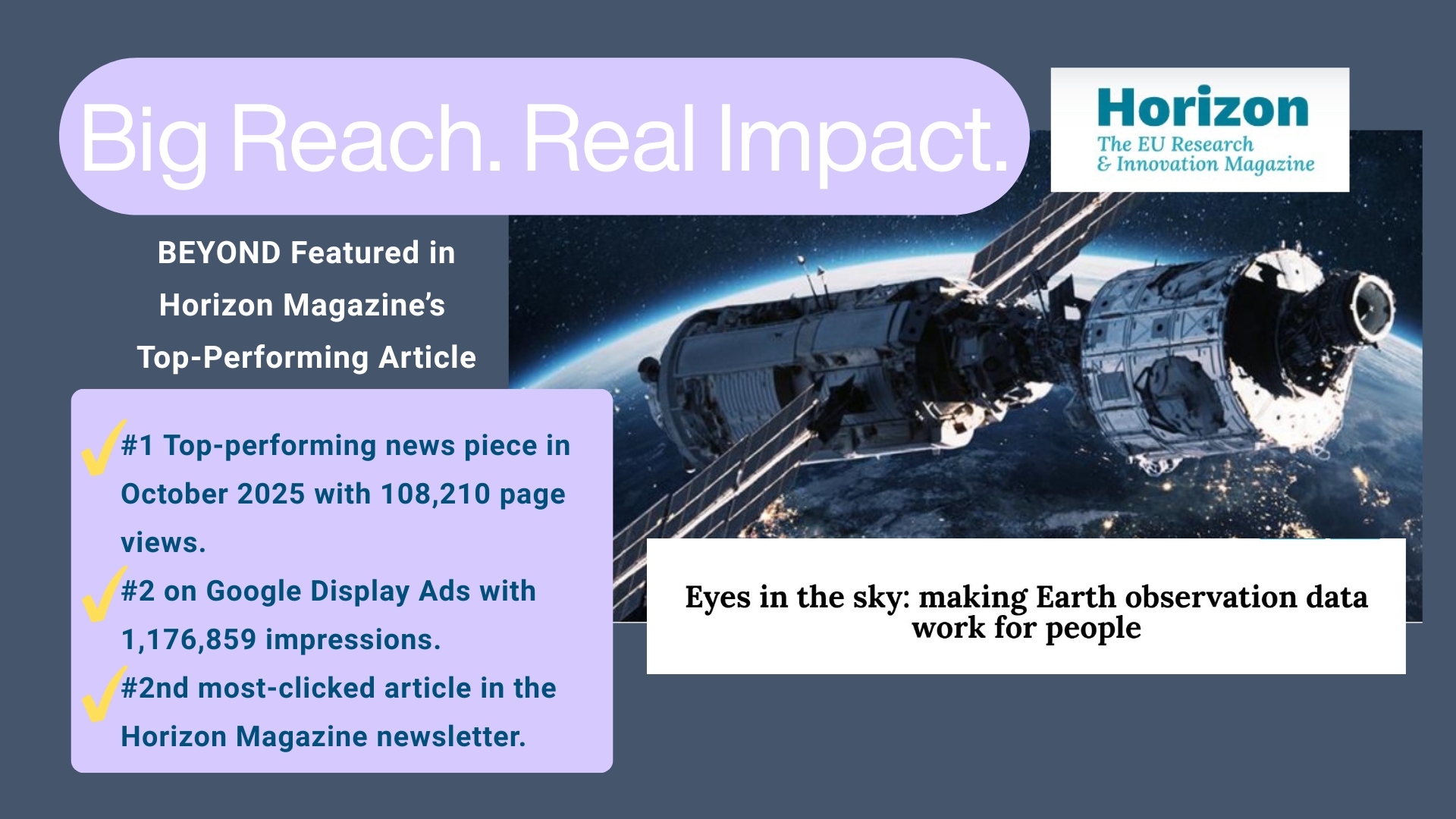
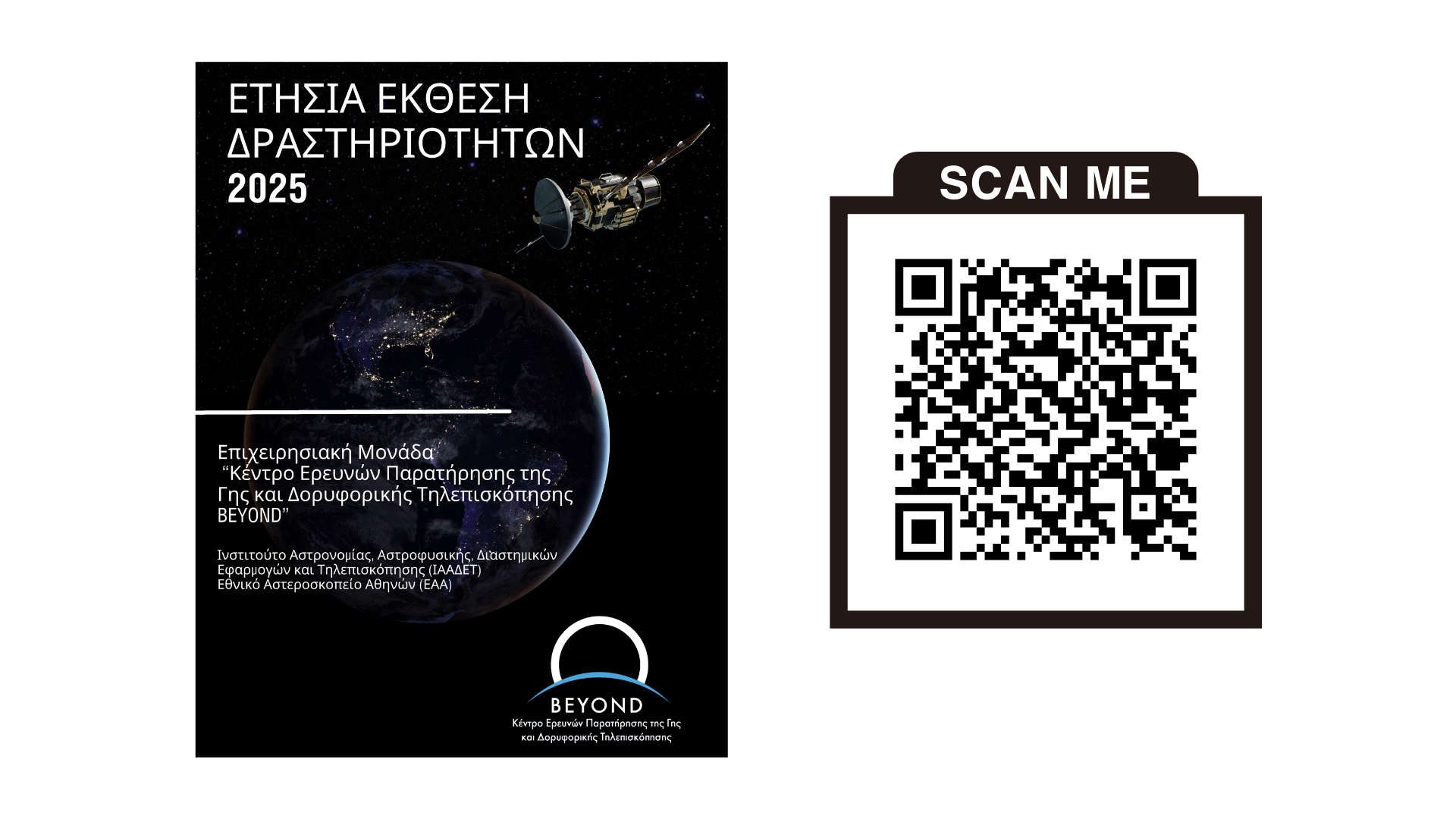
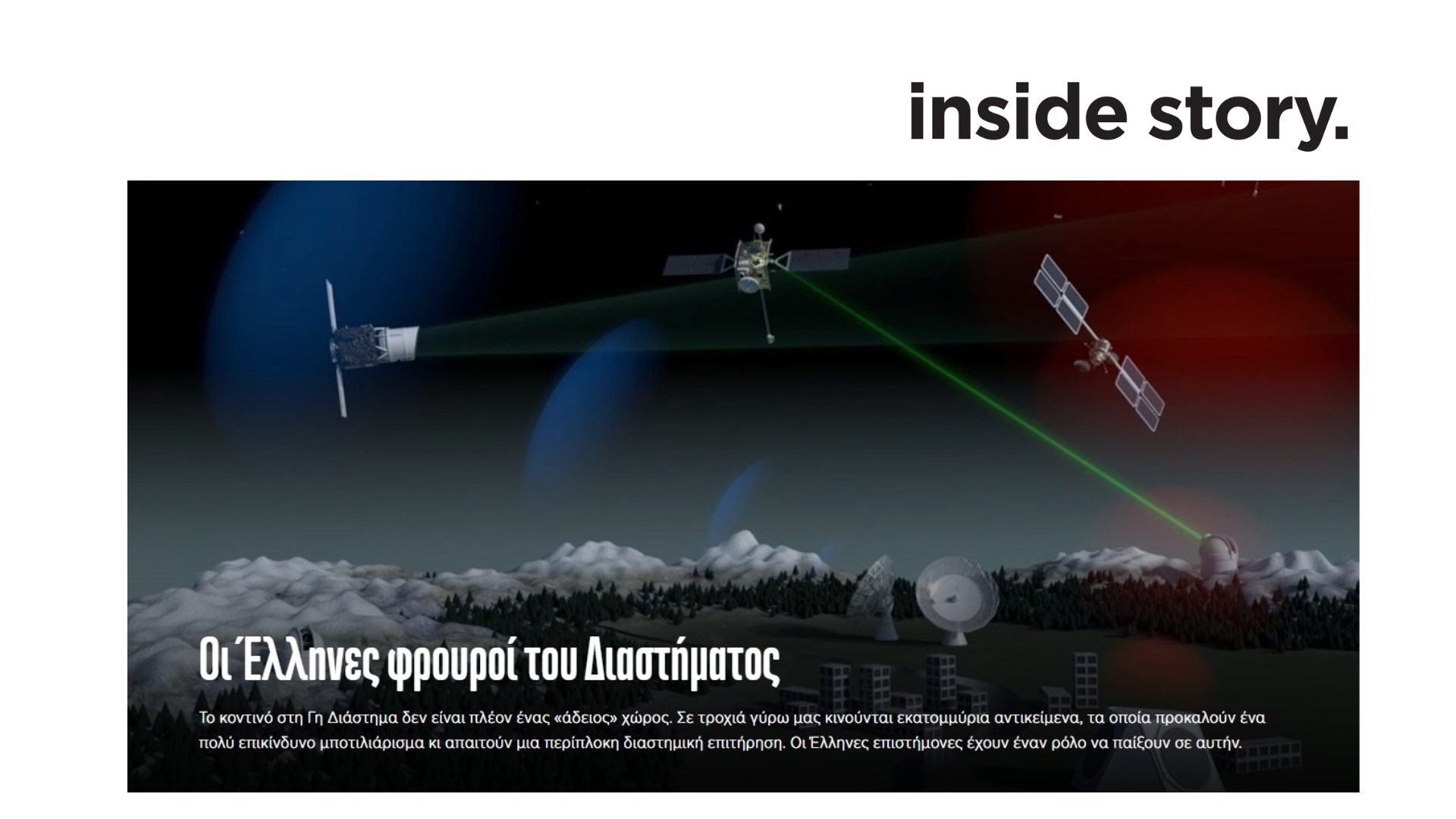
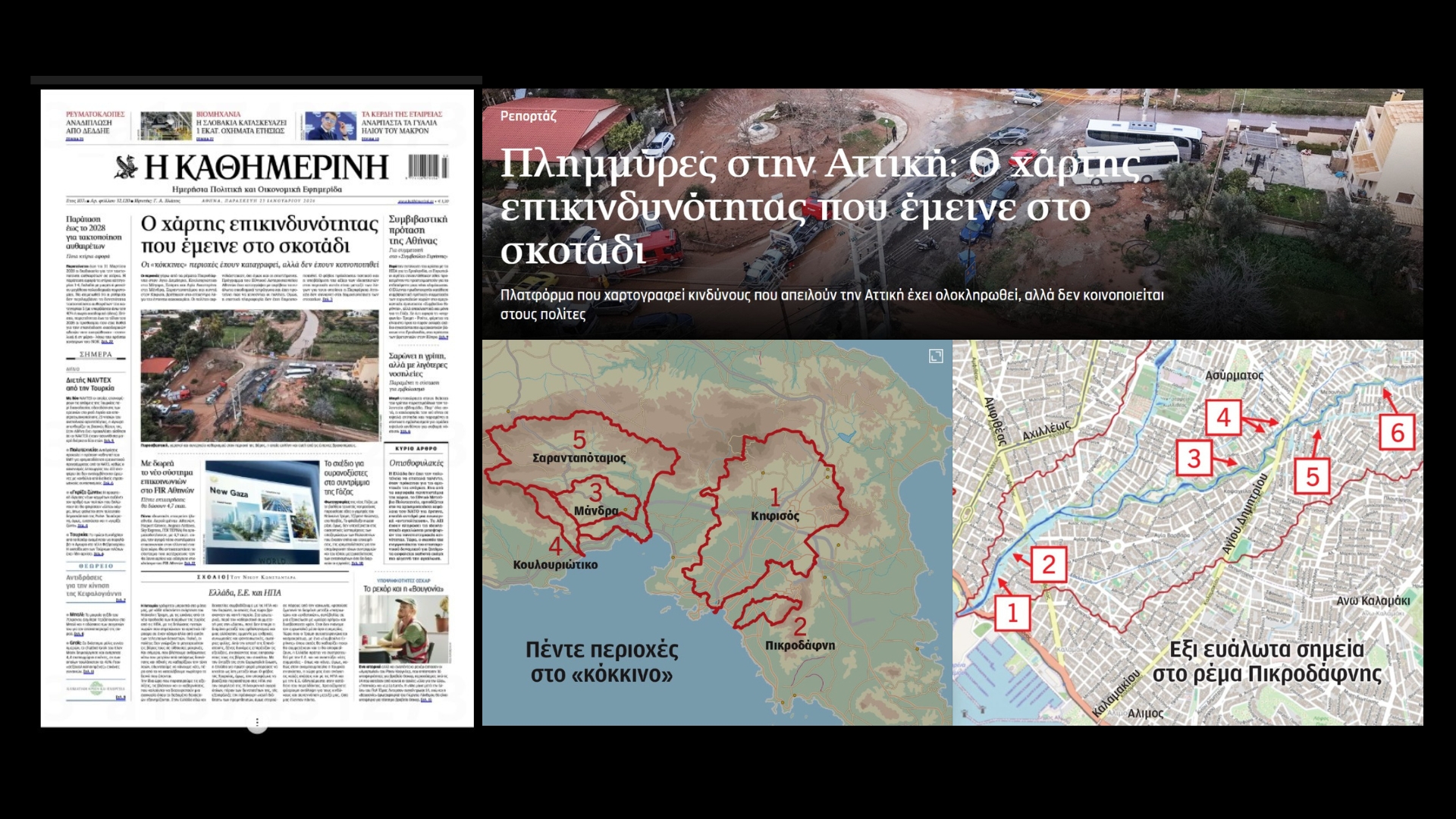
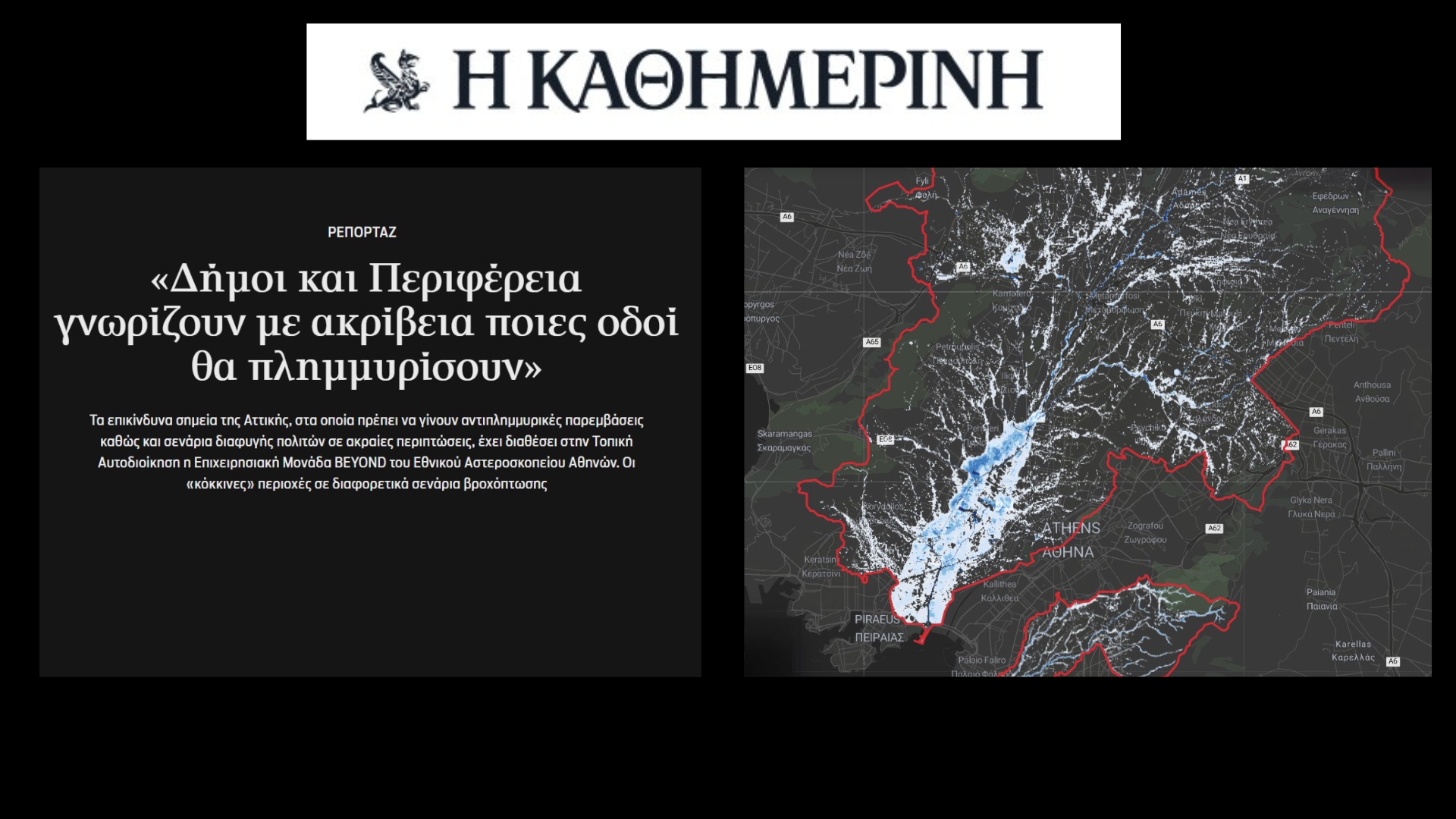
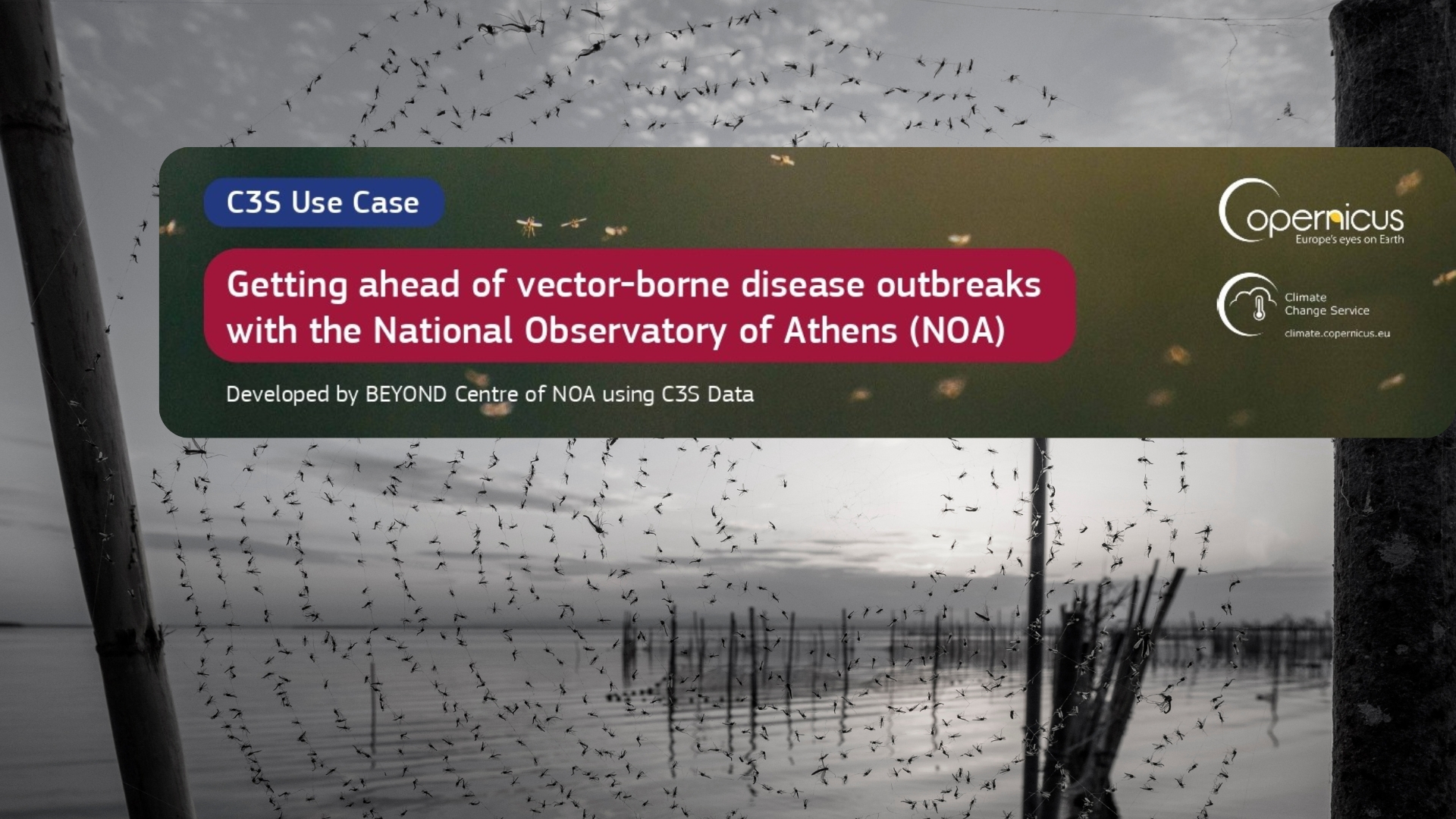


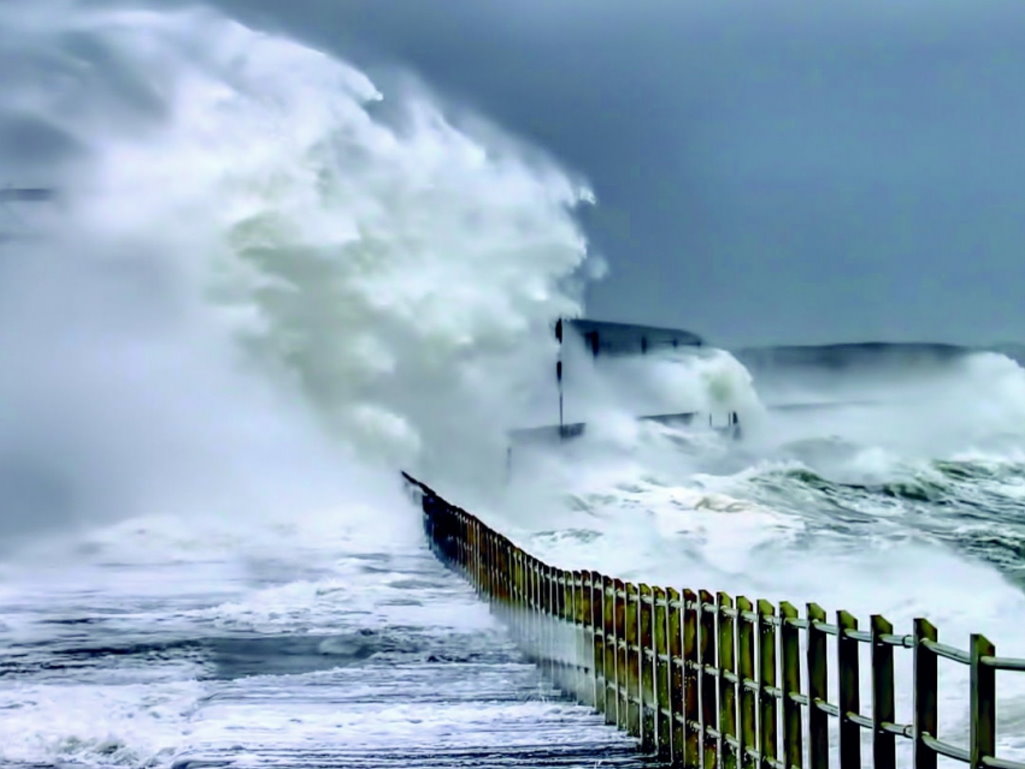

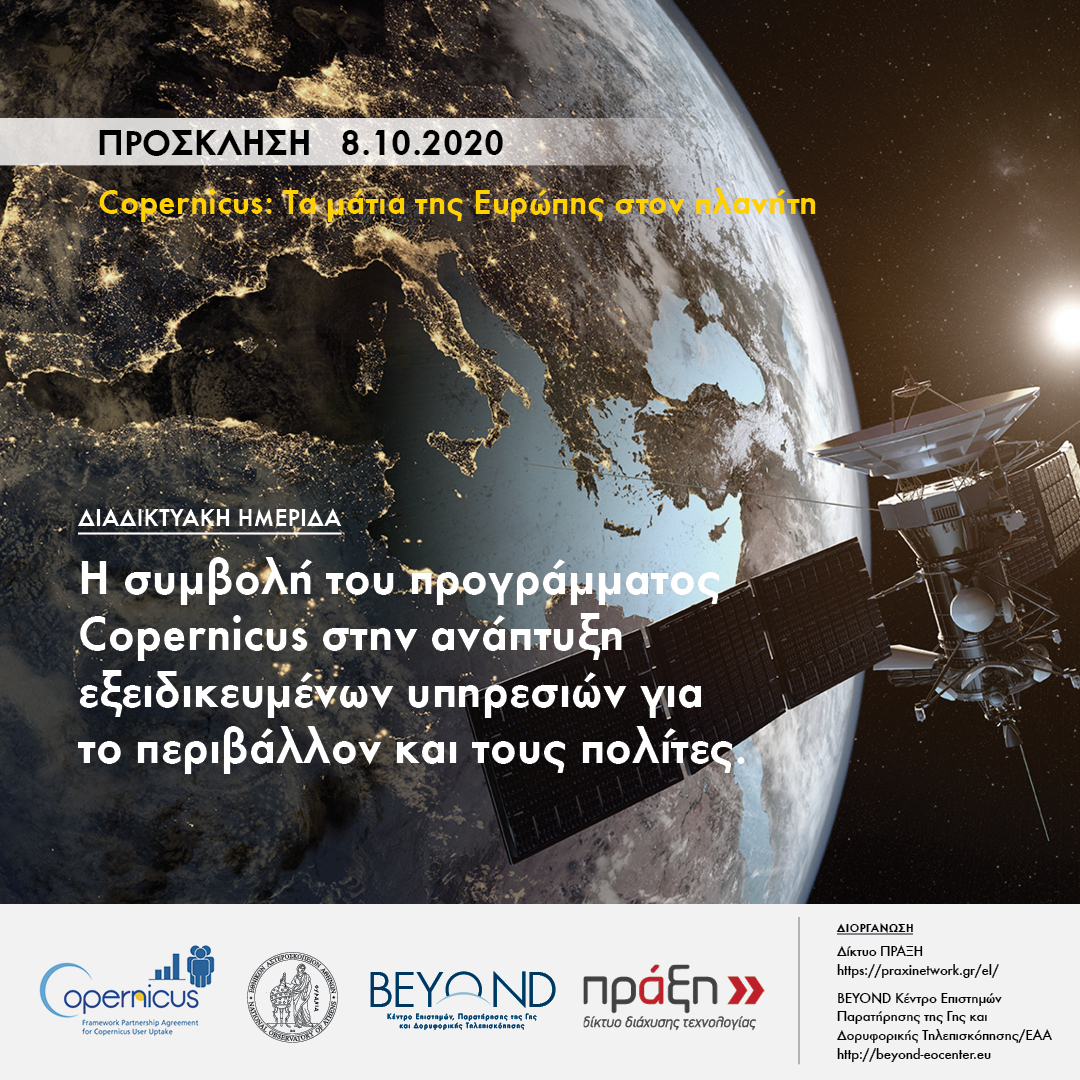
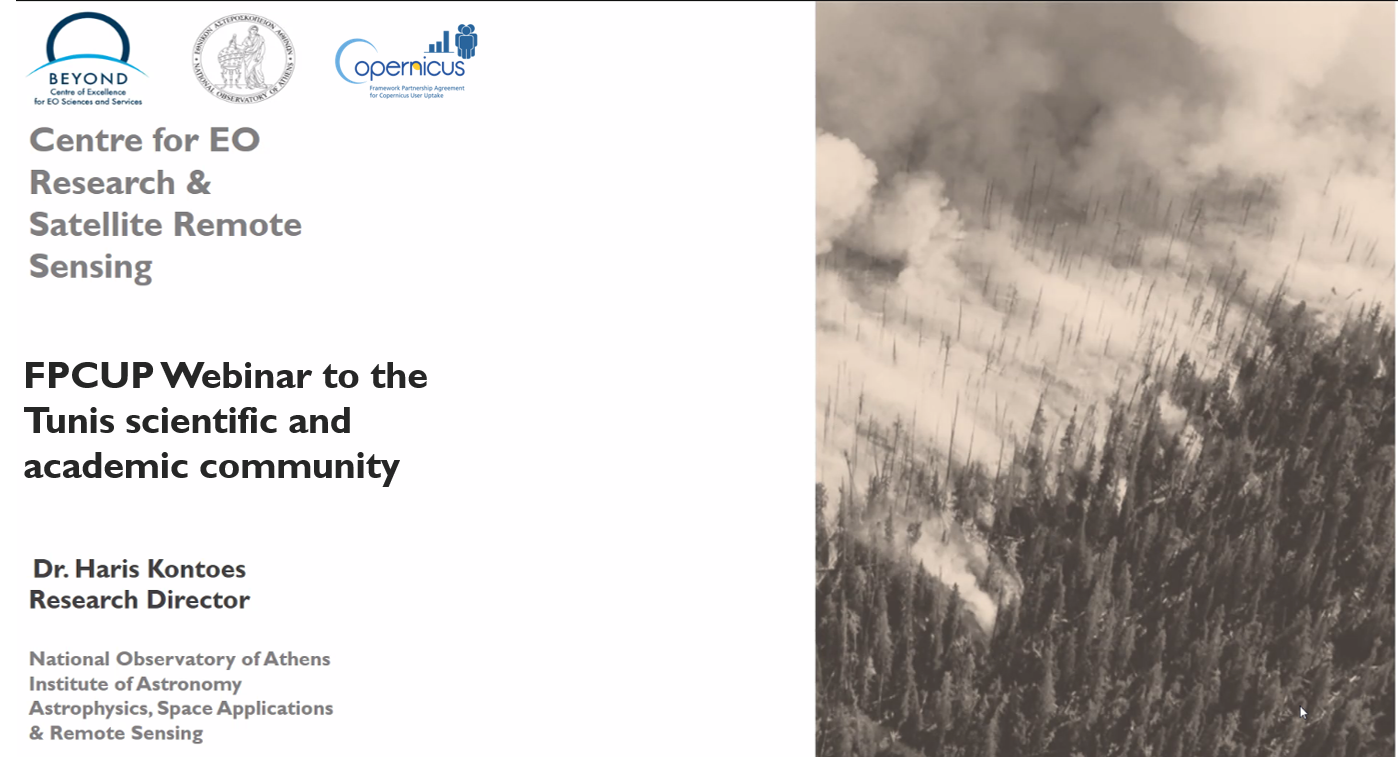
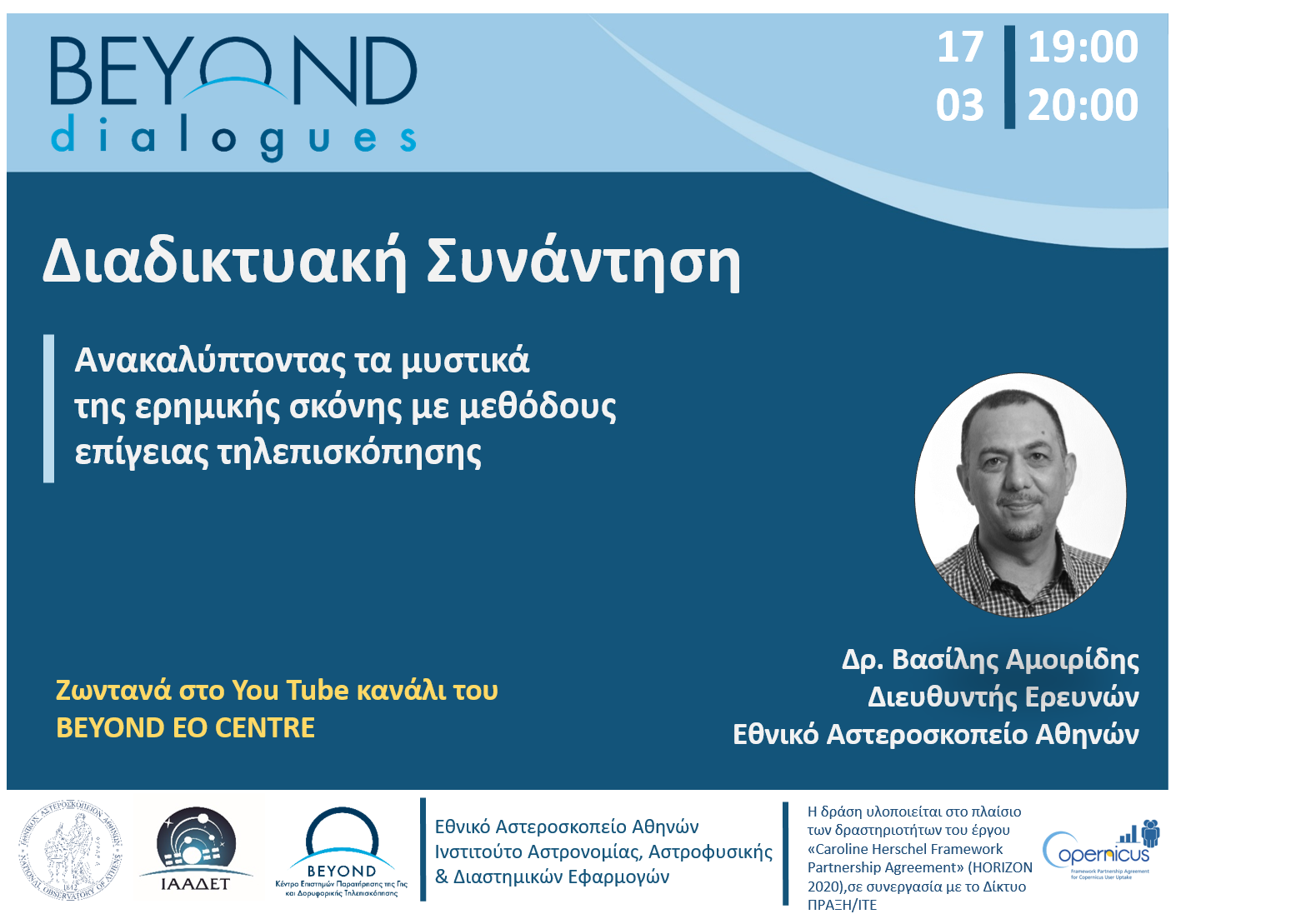
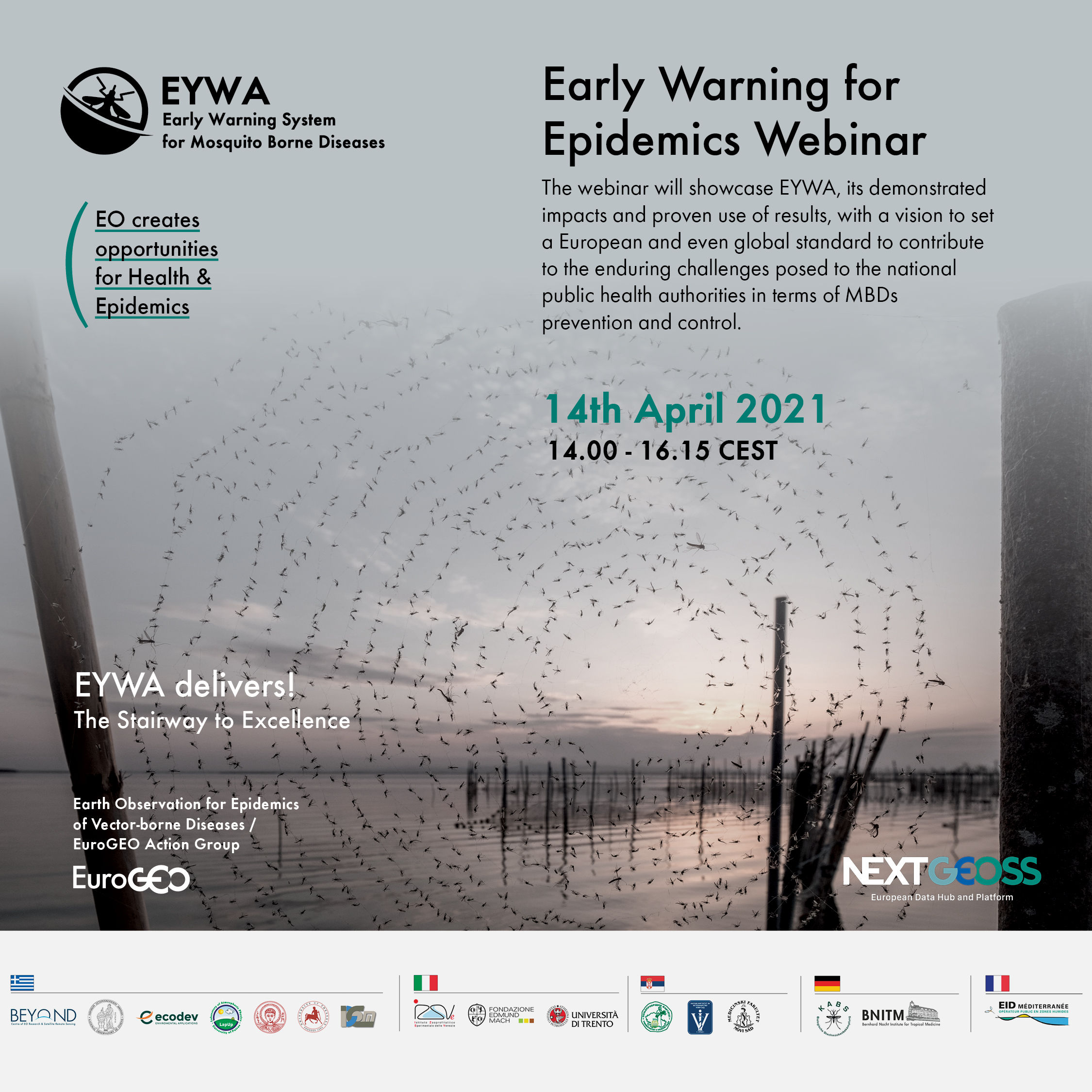 EYWA (EarlY WArning System for Mosquito borne diseases) a prototype system addressing the critical public health need for prevention and protection against the Mosquito-Borne Diseases (MBDs), lies under the umbrella of EuroGEO Action Group "Earth Observation for Epidemics of Vector-borne Diseases - EO4EViDence" and is the outcome of the co-development between the
EYWA (EarlY WArning System for Mosquito borne diseases) a prototype system addressing the critical public health need for prevention and protection against the Mosquito-Borne Diseases (MBDs), lies under the umbrella of EuroGEO Action Group "Earth Observation for Epidemics of Vector-borne Diseases - EO4EViDence" and is the outcome of the co-development between the 